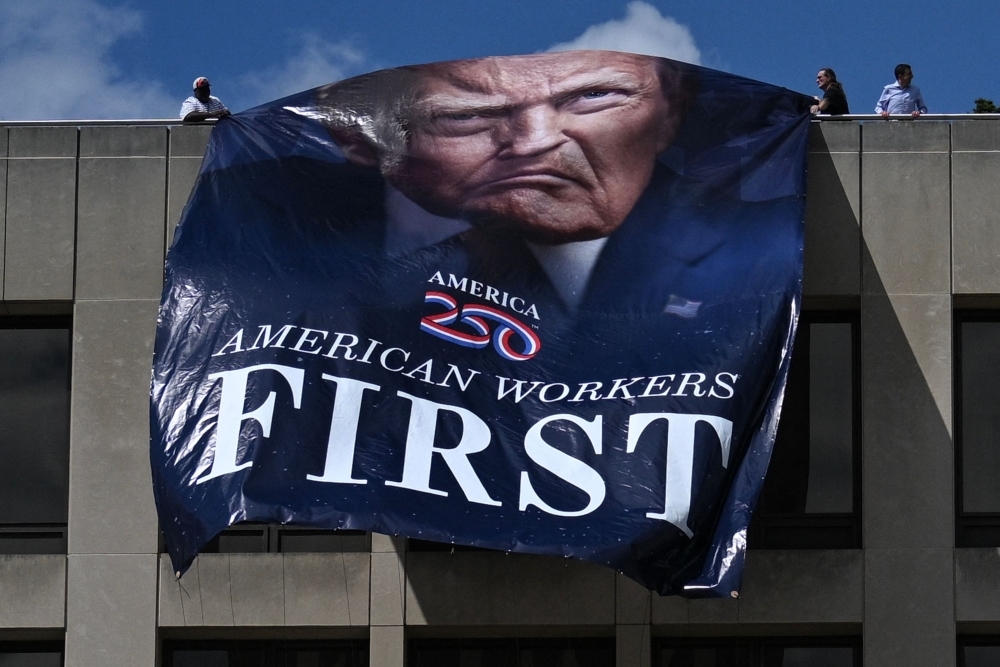WASHINGTON, August 28 — In a move that has stirred uncertainty and concern across academic and media circles, the Trump administration has proposed a rule that could cap the duration of stay for foreign students in the United States at four years — a significant shift from previous policies that allowed them to remain for the duration of their academic programs.
Journalists on temporary visas would also face new time limits, restricted to 240-day stays with possible extensions, a move seen by many as another tightening of legal immigration pathways under the Trump-era immigration agenda.
Until now, international students and foreign journalists were typically issued visas that matched the length of their studies or assignments. While the maximum validity for such non-immigrant visas was 10 years, many used to renew or adjust their status as needed. The Department of Homeland Security (DHS) now claims that some students remain in the country indefinitely by stretching their academic paths — calling them “forever students.”
“For too long, past administrations have allowed foreign students and other visa holders to remain in the US virtually indefinitely, posing safety risks, costing untold amounts of taxpayer dollars, and disadvantaging US citizens,” DHS said in a statement.
But critics argue the claims don’t hold up to scrutiny. In 2023 alone, international students contributed over $50 billion to the US economy, according to the Commerce Department. And with over 1.1 million international students enrolled in the 2023–2024 academic year, the US remains the top destination for global talent.
The announcement comes just as universities are beginning their new academic year — and for many institutions, the timing couldn’t be worse. The uncertainty may push talented students to choose more welcoming countries, especially as some colleges are already witnessing a dip in foreign enrolments due to earlier policy changes under the Trump administration.
Miriam Feldblum, President and CEO of the Presidents’ Alliance on Higher Education and Immigration, voiced her concern:
“This proposed rule sends a message to talented individuals from around the world that their contributions are not valued in the United States. This is not only detrimental to international students — it also weakens the ability of US colleges and universities to attract top talent, diminishing our global competitiveness.”
For countless aspiring students and journalists around the world, the US has symbolized opportunity, freedom, and a chance to thrive. These proposed limits, if enacted, could mark the end of that narrative for many — replacing dreams with deadlines.




